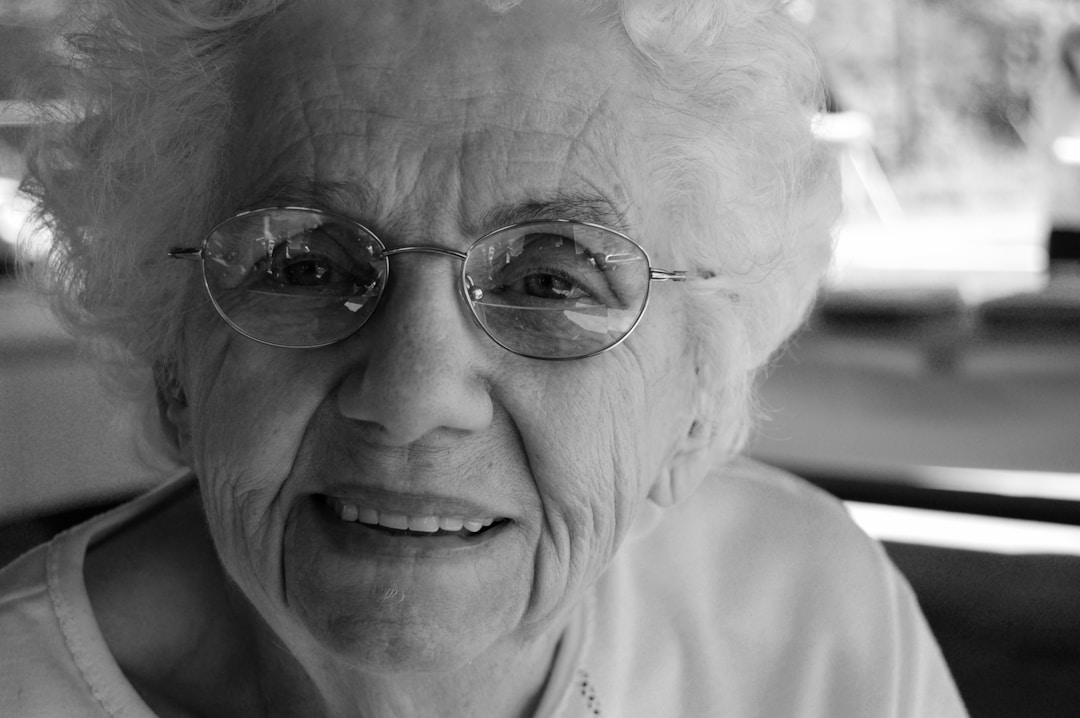Losing a loved one is never easy or simple. The process of grieving slowly begins before the wake and funeral, but you and your loved ones are still expected to band together to plan a funeral service amidst the heaviness of your loss. Understandably so, this time is challenging and the last thing you want to deal with is planning a funeral service. Continue reading for helpful advice that’ll hopefully make this difficult time a little more manageable.
1. Find a burial or cremation service.

Though it’s hard to start making plans, the one thing you must do is find either burial or funeral cremation services for your loved one. Opting for cremation is a great option if you want to scatter your loved one’s ashes in a particular place they loved, or if you wanted to keep their ashes in your home. Once you’ve gone through with choosing a reputable organization that will assist you with other steps, the rest will come more easily, because the funeral home or cremation service will help with managing the other processes that accompany the death of a loved one. In this time of need, it’s best to rely on the staff of dedicated professionals provided by the cremation service package or whichever type of service offered at your funeral home. This way, the stress of planning is taken off your plate so that you can grieve rather than trying to manage the service.
2. Manage the final expenses.

Another important part of funeral planning is managing the expenses that come with a memorial service. Towards the end of a loved one’s life, it’s quite common to have medical bills that have been acquired due to their need of medical care or medical equipment. Paying for medical supplies like these adds up, and you need to find ways to pay them off even after your loved one has passed. If these machines or medical supplies weren’t paid for by Medicare or Medicaid, then you might be able to use your deceased family member’s life insurance policy to pay off left-over bills. If you have no one to give these supplies to, consider giving them to other people in your life who need ventilators or other medical equipment.
3. Get your outfit squared away.

Your outfit is a minor concern compared to the importance of the many other things going on during this time. However, a simple fix to minimize your worries on the day of the funeral is to have your funeral outfit ready. You don’t want to have to throw something together the morning of, so a great tip is to simply be prepared by having a full outfit chosen and set aside. Men generally opt to wear a suit and dress pants paired with dress shoes. For women, dressing for a funeral is sometimes challenging because there are more options. Women generally wear dress pants and a nice blouse, a dress, or a skirt with some kind of dress shoes. The shoes you wear vary from flats, heels, to over the knee boots.
For women, make it easy on yourself by pairing a dark dress, jacket, and tights with some navy blue wide calf boots that you can wear beyond the day of the funeral. This way, your outfit is one less thing you need to worry about or spend extra money on. You should also note that it’s generally the proper etiquette to wear darker colors to a funeral service. However, if you have an appropriate piece of clothing or jewelry that’s special and reminds you of your loved one, then consider wearing it to honor them.
4. Lean on your loved ones.

The grieving process will continue after the funeral service ends. The reality is that while coping with loss, you’ll have both good days and days where it all feels a bit heavier. During these hard times, lean on the support from those you love. Many friends and family members will send funeral flowers on the day of the service. Consider reaching out to these people after the funeral to thank them and further your relationship. The needs of each family vary, but if possible, it’s important to be there for other members of your family. Try to extend your support by offering a listening ear to this family member. In turn, you may be able to go to that same loved one with your struggles and bad days too. When you feel like you don’t know who to turn to, it’s never a poor idea to contemplate speaking with a counselor who will help you navigate the feelings correlated with each stage of grief.
At the end of the day, losing a loved one is challenging in a unique way. However, by using the assistance of cremation services, funeral directors, and your support group, this transition becomes more manageable.



